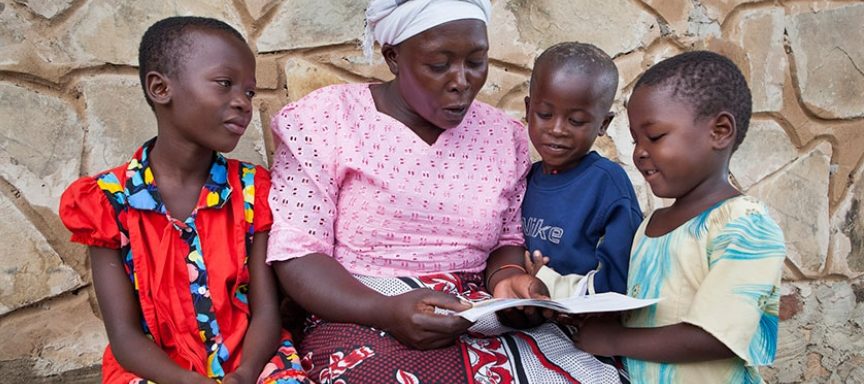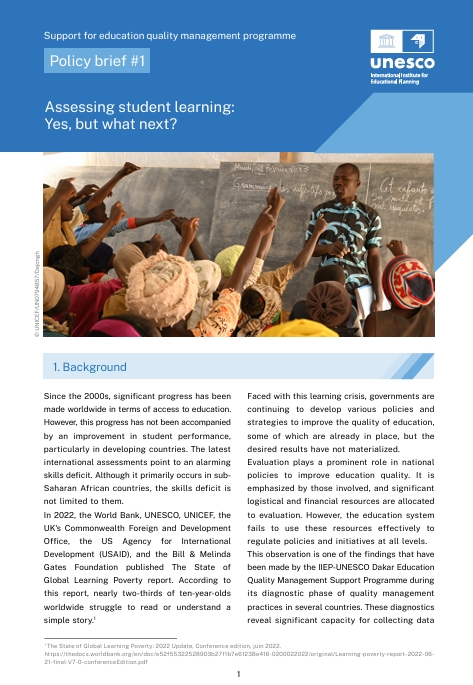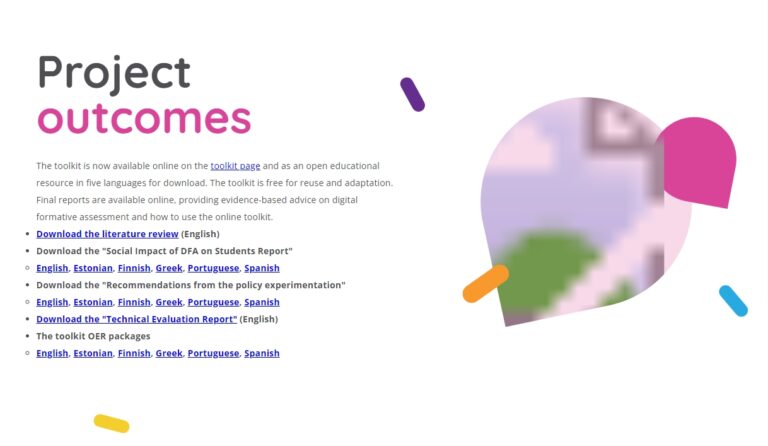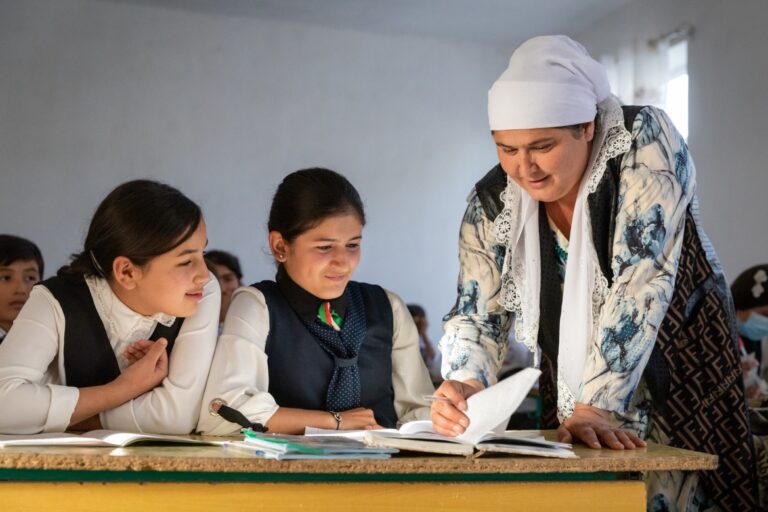Story Source: The New Times ~ Go to Original Article
Reported earlier in this paper, a 2018 survey in Western Province showed that only 9 per cent of illiterate adults have attended literacy course, even as 31 per cent lack essential literacy capabilities.
The study, a joint conduct by the Institute of Policy Analysis and Research (IPAR)-Rwanda, University of Rwanda’s College of Education, and the University of Aberdeen with the support of the Scottish government, sampled 2,391 respondents with over 300 respondents from each district of Western Province…………………..



